NextVR – Bringing Virtual Reality Events Into The Home!

NextVR is delivering live sports and entertainment into your home in VR!
NextVR was is a developer of live virtual reality content. They were founded in 2009 in Laguna Beach, Ca by a group of digital imaging industry experts. The content they produce is delivered through either a Samsung Gear VR or a Google Daydream View, and is accessed through a free downloadable ap. Not only have they signed multi-year agreements with the likes of the NBA, Fox Sports, and the US Open, but they have come to an agreement with Live Nation to stream hundreds of live concerts.
Value Creation
In order to create value for customers, NextVR has to differentiate itself from the many other VR content providers out there. In order to do this, they have doubled down on the notion of live content, which is extremely difficult to do based on the time and computing power required to stitch VR video together and transmit it to a headset. They currently claim to be the only player, with patented technologies, who can capture, stitch, and transmit live VR content, although everyone, including YouTube, is right on their heels.
Being able to deliver this content could create a great deal of value for consumers as the technology gets better and the amount of content goes up. Consider the amount and value of a courtside seat to basketball game for game 7 of the NBA finals. Physically, you can only arrange a certain amount seats around the court, but imagine if you could capture that experience and transmit it to VR headsets around the globe. The same goes for concerts. How frustrating is it when your favorite band either isn’t coming to your city, or is coming when you already have plans. Being able to consume the concert experience in the location of your choosing could be a game changer.
Value Capture
The value capture mechanism for NextVR is a bit tricky at this point in time. Right now, they aren’t offering content direct to customers in exchange for payment. For their NBA content for example, they offer games through current NBA TV subscriptions, and then the NBA pays them. The same goes for Fox Sports. It hasn’t been announced yet concerning the payment process for the Live Nation concert content, but it is expected that consumers will be able to either pay Live Nation or NextVR on an a-la-cart basis.
I also feel as though they could eventually generate a good deal of money advertising during commercial breaks. While they would obviously have to work out with the source of the content who would have the rights to advertise, the idea of having set blocks of time, on a VR platform, with a well understood viewing audience, could garner top dollar from advertisers looking to explore the VR space.
Recommendations
Going forward, I believe NextVR needs to find a niche and anchor itself to that area. With the larger players, like YouTube, Facebook, and everyone else moving this direction, it appears as though they have a little bit of a head start. If they can create stickiness, through long term deals with sports leagues or entertainment venues, then maybe they can survive when the large players catch up.
As far as growing the market and the category, I feel like the deals with well known players not only lends credibility to the platform, but it allows consumers a level of trial-ability with content they understand before asking them to make large investments. They should be able to grow their customer base as more people invest in VR headsets. One potential roadblock I could see is the potential pushback from sports and music venues if this type of viewing becomes extremely popular and people opt to consume at home, likely for a lower price, rather than actually travel to the arena.
References
http://variety.com/2017/digital/news/nextvr-paid-live-events-1201958466/
https://www.oculus.com/experiences/gear-vr/858258597574484/
https://www.crunchbase.com/organization/nextvr


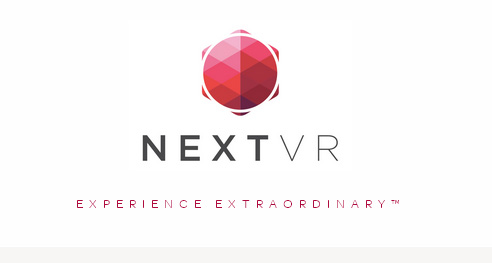
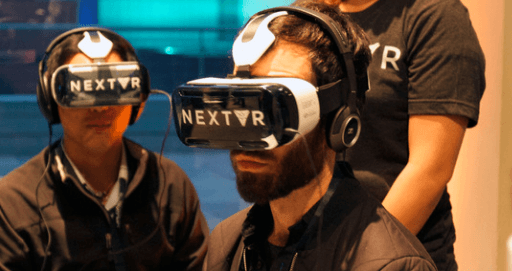

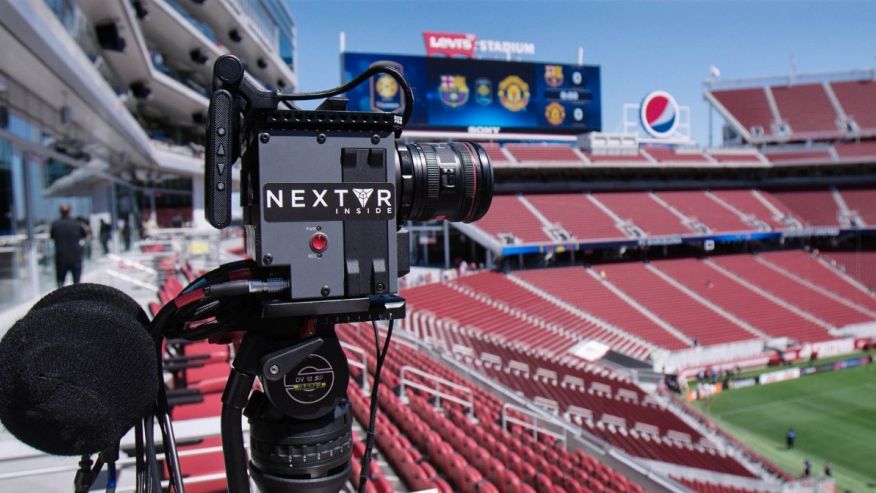
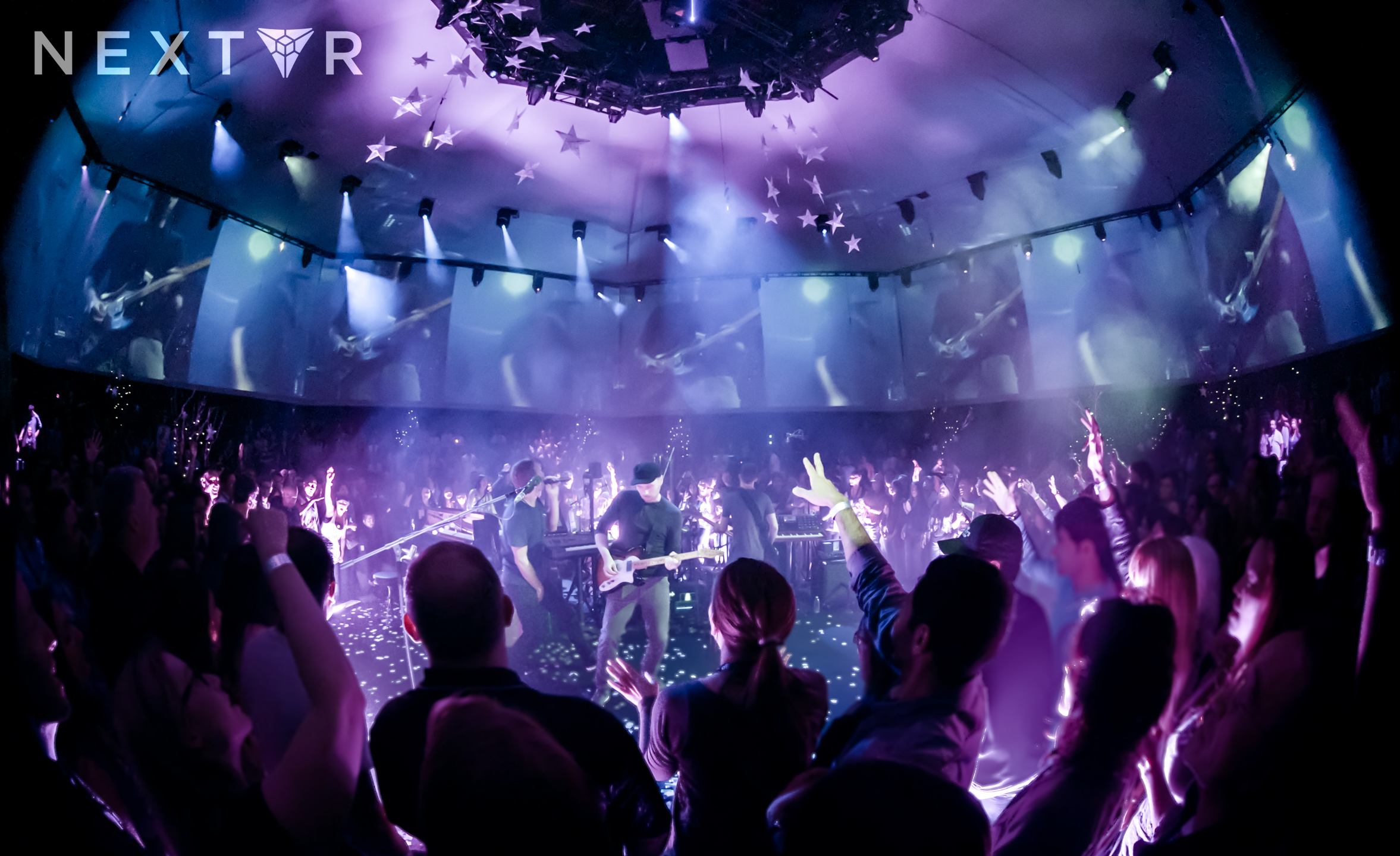
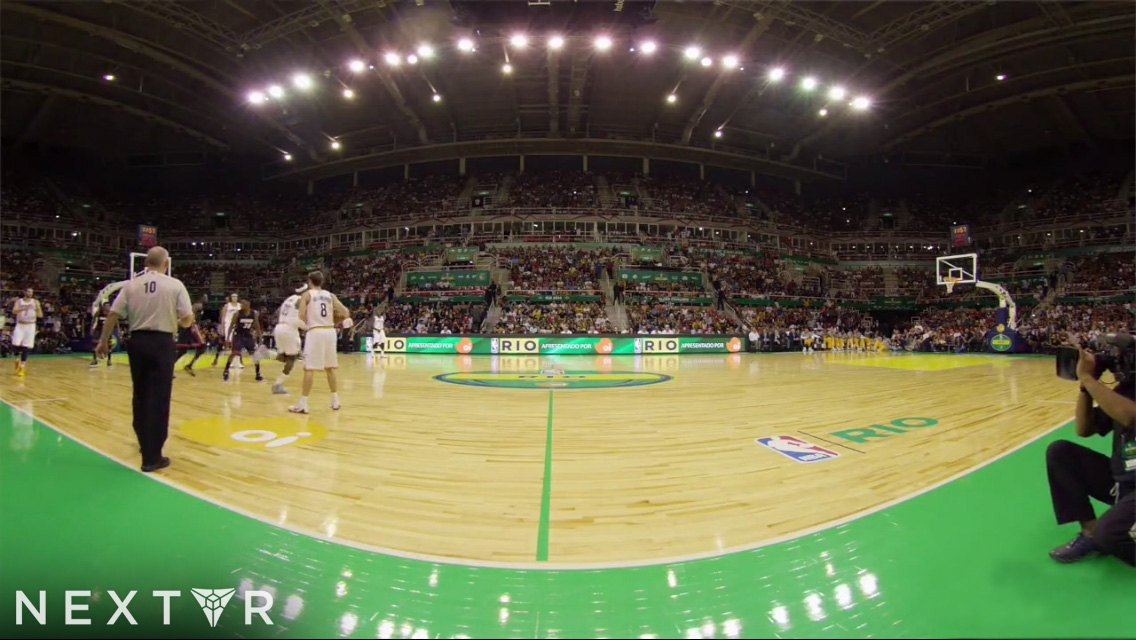
Great feature. Personally, this is the VR use-case I’m most excited about. The case for VR improving the consumer experience is pretty for sports. It would be amazing to get the “best seats in the house” for every game, straight from your home. I agree with you that they need to carve out their niche, probably in the area where they have the strongest partnership relationships and a high likelihood of renewing content deals once they expire.
My main open question is how long users would be comfortable having the head sets on at a time. VR movies tend to be short, and I’ve head that explained with “users get dizzy if they stay in too long.” Full sports games would require significant viewer stamina if that is the case.
Thank you for the comment! I definitely agree that the overall VR market is going to need to figure out how to engage customers comfortably for longer periods of time. Fortunately i think that problem will be shared equally with alot of players in the industry.
Andrew – super interesting post. I find myself feeling as though Next has figured out half of the equation, but there is something left to be desired. One of my main questions is a chicken-and-egg issue: it’s great that better live content is being developed for VR because any content added to the ecosystem makes it appealing for consumers to participate in the “market” (indirect network effects, etc). But how much VR adoption is currently taking place at home? I wonder how many people actually have headsets today that they would use to buy into this content.
Also – how does this change some of the more fundamental human elements of sharing a concert or viewing experience with friends? I’m _sure_ someone made the same case when the TV was first released, and every other piece of media technology preceding it, but intrigued to know how this age old problem plays out in the 21st century with VR.
Cool Post Andrew! I wonder what do you think about other passing fads in the history of sports broadcasting. For example, 3D TVs had a short good run a couple of years ago, but their momentum faded as content providers lost interest in the technology. Do you think VR technology could share the same destiny of other unsuccessful hardware?
Great post, Andy! You mentioned that the leagues are bullish on NextVR. I’m curious how you think other players in the ecosystem (individual franchises, TV networks) feel about NextVR, and if they have an incentive to fight it. For example, isn’t it possible that the individual team owners would be concerned about VR hurting ticket sales? I’d be curious to get your take on what the barriers to adoption are here. As a consumer, I’d love to try this.